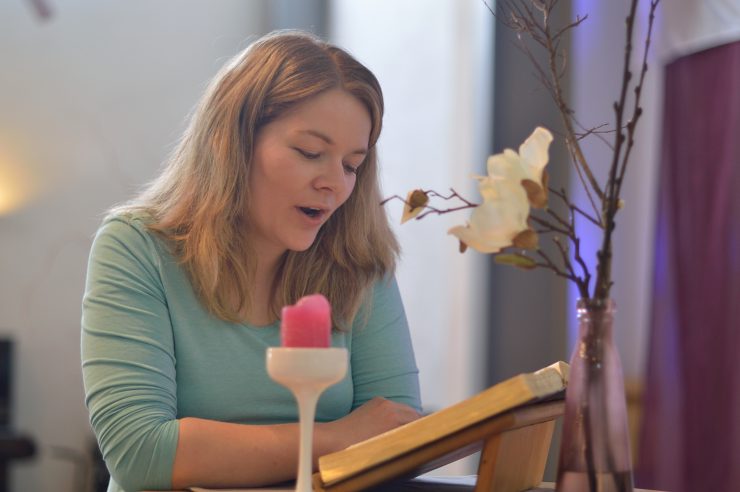Clergy Wellbeing
 Ordained ministry for many is not just a calling, but goes deeper. It is something that you know is what and who you are in every part of your being, and have to do. However, the challenges that come with that passion and belief can become too great, or overpowering.
Ordained ministry for many is not just a calling, but goes deeper. It is something that you know is what and who you are in every part of your being, and have to do. However, the challenges that come with that passion and belief can become too great, or overpowering.
How far does the sense of deep vocational fulfilment continue into the day-to-day life of ordained ministry? Amid the growing pressures and trials of daily life, how can clergy continue to flourish in their life with God and with other people?
Clergy can struggle with these questions. It is why clergy wellbeing is not only a national priority of the Church of England, but also of Bishop Philip, his senior team, and of the staff who support him. The Big Conversation that the Church of England has asked dioceses to have is an initiative that we will be taking forward in the coming year that will put wellbeing at the heart of our organisation.
As employers we are proud to have signed up to the national Mindful Employer scheme and have in house mental first aiders. In November 2020 we achieved the Silver Award in the Cornwall Healthy Workplace scheme, a county standard of good practice and a quality mark of health and wellbeing in the workplace. We also promote monthly wellbeing initiatives, flexible working and social activities. We believe the principles of these good employment practices for our staff should apply across the organisation to all our people, including clergy and lay ministry.
We do know though that wellbeing is different for everyone, so have a range of resources for clergy to draw on and use, including counselling and other confidential support services, occupational health, and training. We have policies that support clergy going through either difficult stages in their lives, e.g. long-term sickness absence, or significant ones, e.g. becoming a parent. A list of national clergy wellbeing resources is here, but below are some more resources that we hope clergy, and their families, will find useful.
Above all, we ask that any clergy member who is struggling, or who would just like to take more action to look after their own wellbeing, talk to their Archdeacon, Rural Dean, HR or contact one of the several options of confidential support services. We can also help to source or arrange workshops or training sessions for PCCs to help them support their clergy.

We found 11 resources


